Christine is an appropriately strange film about an exceedingly bizarre true story. While it doesn’t always work, it’s certainly intriguing enough to warrant a watch. Seldom have I seen a film that so expertly and effectively explores a profoundly disturbed psyche — and that can be problematic in and of itself at times. The film has a cold, almost impassive, tone, as though the audience witnessing the horror that unfolds is a powerless participant with no capacity to influence the disastrous and inevitable outcome of the on-screen events. By forcing the audience into silent complicity, director Antonio Campos creates a sense of anxiety and dread in the mind of the viewer undercut by a subtle sense of dark humor. The result is a film that occasionally drifts into tonal dissonance but ultimately manages its difficult subject matter more successfully than might’ve been reasonably expected.
The film recounts the tragic final days of Christine Chubbuck, a small-market news anchor in Sarasota, Fla., whose rapidly degenerating personal and professional existence led to her on-air suicide in 1974. This is obviously a very tricky story to address with sufficient sensitivity without coming across as exploitative, and Campos skirts the line a little too closely on more than a few occasions. The director’s aesthetic sensibilities are well-suited to his story’s period setting — and the performances he coaxes out of his central cast are remarkable — but the story itself feels like one that might better have been left untold. (One can only imagine the pain Chubbuck’s loved ones must have endured at the prospect of seeing her sad life and absolutely heart-wrenching death depicted on-screen.) The film never quite overcomes the sense that we’re watching something unspeakably private that should not have been shared in so public a fashion.
Ultimately, the film is saved from these pitfalls by strong performances from Michael C. Hall and Tracy Letts, as well as a riveting turn from star Rebecca Hall. The actress gracefully balances her character’s inexorable mental disintegration with a humanizing touch that engenders the role with a level of complexity and pathos that outweighs the difficulty of her role. Campos captures the visual environment of his period setting with proficient consistency, prudently allowing his actors to carry the weight of the story without employing any of the heavy-handed visual flourishes — stylistic cues that could’ve detracted from a story that is fundamentally character-driven — that have characterized the director’s previous work.
The central issue with telling a story of this nature is there can be no true character arc when your protagonist’s course is so fatalistically set by both her internal landscape and her external context. When the ending is so brutally certain, it’s almost impossible to maintain narrative momentum and audience engagement. Christine comes about as close to pulling it off as any film I can think of, but the certain knowledge of the unavoidable tragedy awaiting our heroine is a difficult stumbling block to overlook.
While Paddy Chayefsky and Sidney Lumet dealt with a strikingly similar plot point when they made Network two years after Chubbuck’s death (accounts differ as to whether that film’s onscreen newscaster suicide was based on her or was simply an unfortunate coincidence), the satirical tone of that movie was in service of a greater message. Christine doesn’t seem to share the same sense of purpose, which lends the proceedings an air of near futility. But where the film succeeds is in its capacity to shed light on the workings of a troubled mind and to impart some understanding (insofar as such a thing is possible) of the circumstances that can lead someone to an act as drastic and irrevocable as suicide. This is a film of unquestionably limited commercial appeal, but anyone whose life has been touched by depression will find Christine to be a worthwhile piece of filmmaking on the subject — even if it can be difficult to watch. Rated R for a scene of disturbing violence and for language including some sexual references.
Starts Friday at Grail Moviehouse.



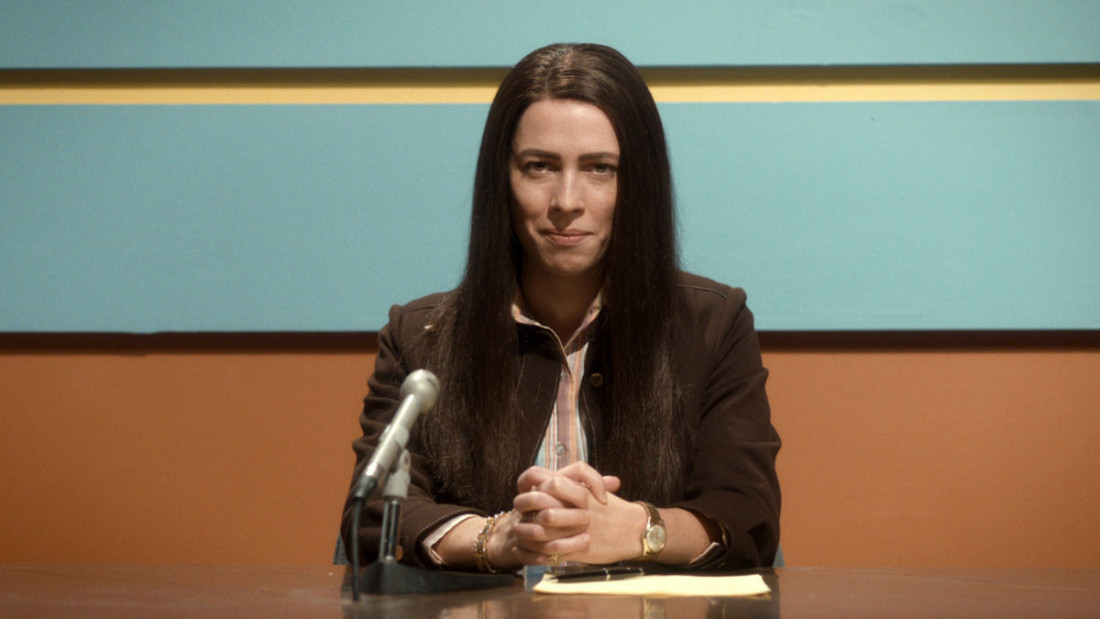
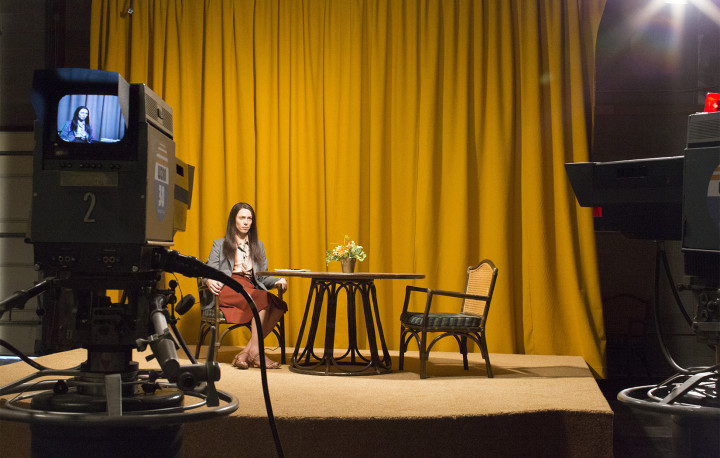
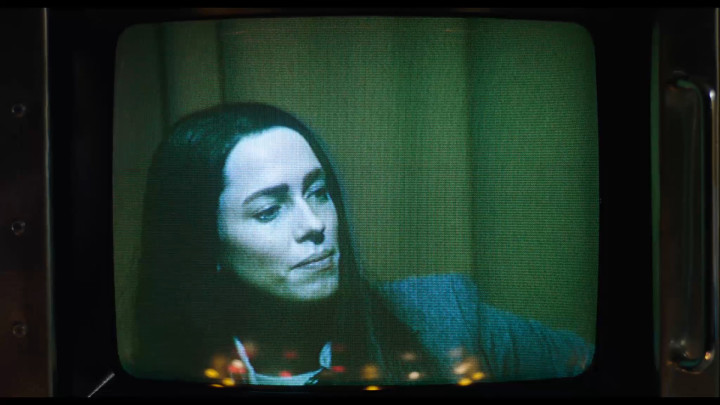

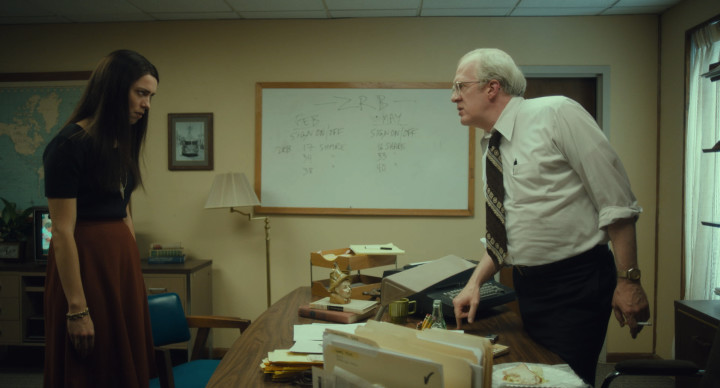
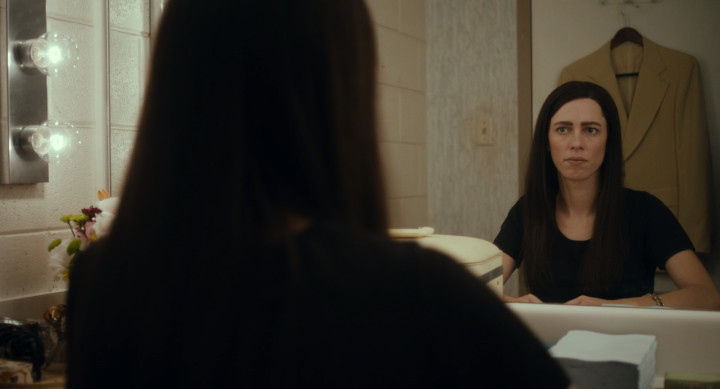
Before you comment
The comments section is here to provide a platform for civil dialogue on the issues we face together as a local community. Xpress is committed to offering this platform for all voices, but when the tone of the discussion gets nasty or strays off topic, we believe many people choose not to participate. Xpress editors are determined to moderate comments to ensure a constructive interchange is maintained. All comments judged not to be in keeping with the spirit of civil discourse will be removed and repeat violators will be banned. See here for our terms of service. Thank you for being part of this effort to promote respectful discussion.